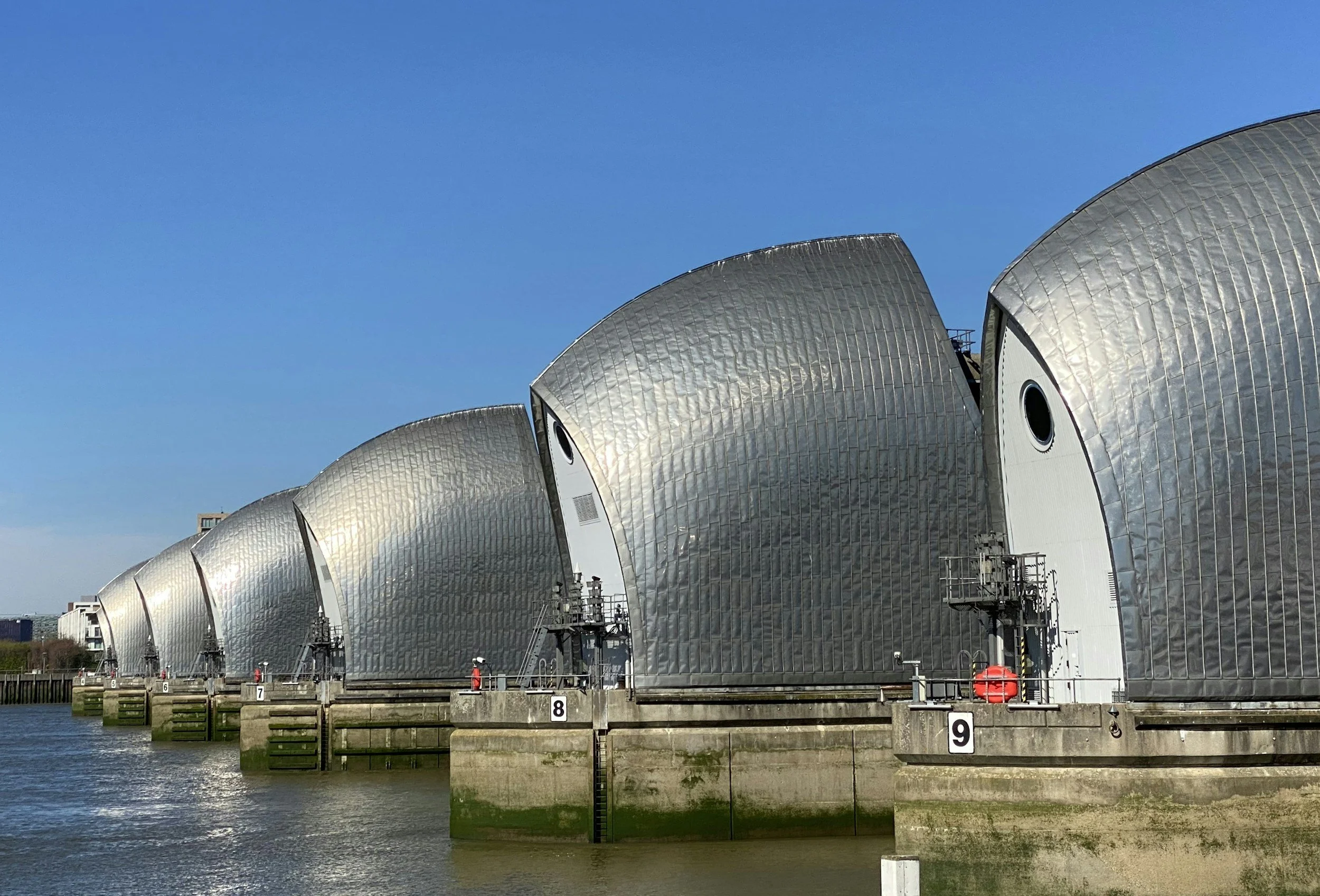I’ve Been Wondering About Resilience
4 years, 3 months, 17 days, 4 hours
5 April 2025
It isn’t generally the events of shock and awe that concern me. It is the long-term trends.
I’ve been wondering about resilience. Not, for once, the resilience of infrastructure assets to the increasing frequency and severity of climate events. But the resilience of the world’s systems to shocks. You know what I’m talking about. Something that is far removed from normal expectations happens and for a moment everything seems to be turned on its head. And what follows is some strange combination of disbelief, short-term over-reaction and predictions of fundamental long-run change. And probably none of these prove true. In hindsight we will see it did have a lasting impact, but probably not as dramatically as we all first assume.
It isn’t generally the events of shock and awe that concern me. It is the long-term trends (perhaps thanks to my historian background or my involvement in the world of multi-generational infrastructure). And that takes me back to the report which I mentioned last week, the IPBES Thematic Assessment Report on the Interlinkages among Biodiversity, Water, Food and Health.
The point it makes most powerfully is that our governance as humanity tends towards advancing the short-term interests of the few, at the expense of the long-run interests of all. So it comes back to issues of equality. The report advocates for system-level decision-making, that recognises the intimate interconnectivity of our biodiversity, climate, water, food and health, and analyses the impacts across these five ‘nexus elements’ of 71 interventions.Of course it is much easier to say we need to do these things that actually do them. ‘Negative trends in biodiversity, water, health and climate change are the result of misaligned economic and societal value systems that are reflected in incentive structures that prioritise short-term thinking and private financial returns and disproportionately provide significant benefits to small sections of society. Current economic and financial indirect drivers incentivize investment in activities that damage biodiversity and other nexus elements (estimated at approximately $7 trillion), while only a fraction of that amount (estimated at $200 billion) goes towards improving the status of nature’.
I agree, so that puts me in the camp that says the world does need a fundamental reset of its global systems, towards long-term, system-level, broad public-interest-first decision making. I’m just not sure that last week's shock was either intended to or will deliver any such thing. Indeed most economists would contend (and economic history would agree) that a global tariff war will make the poorest in the world even poorer.
